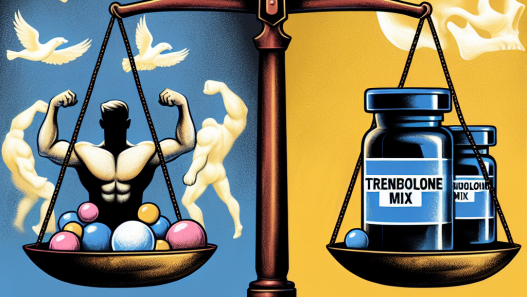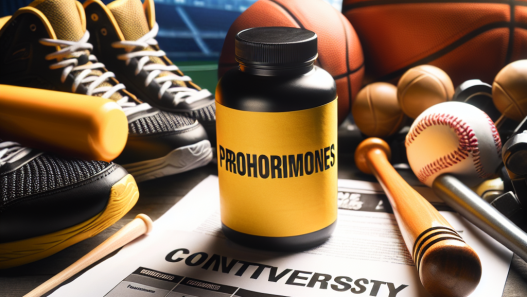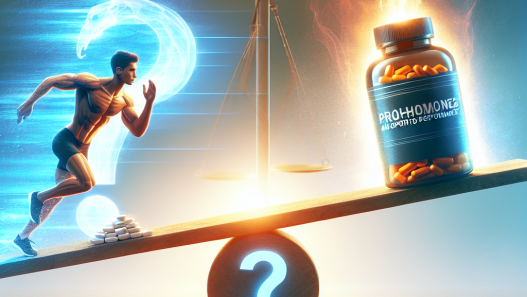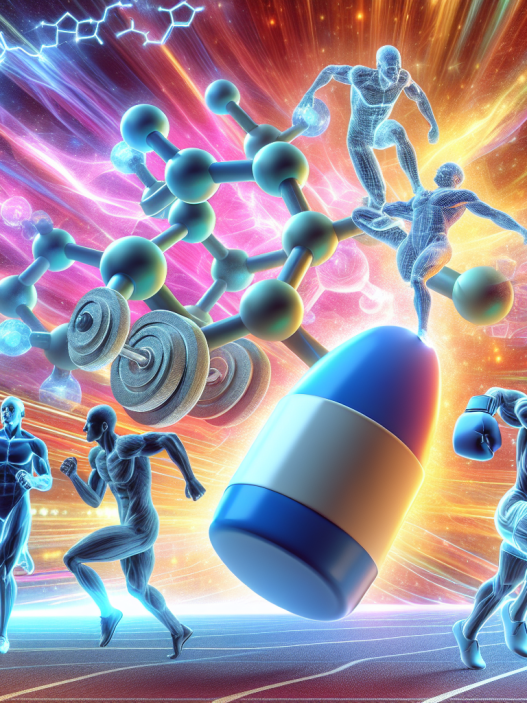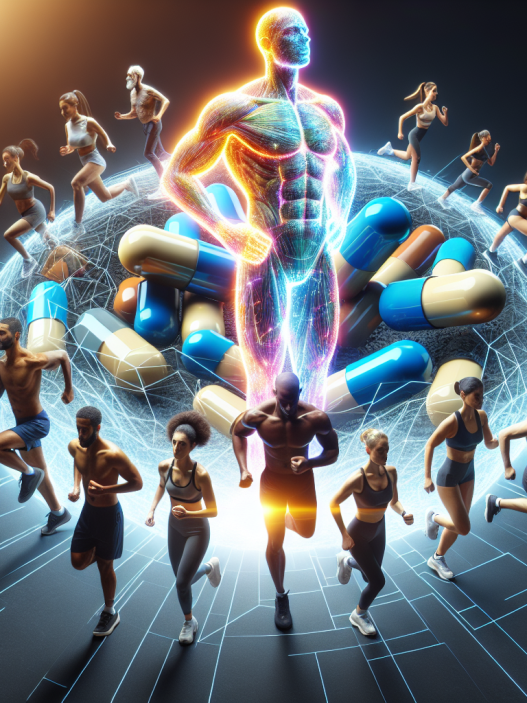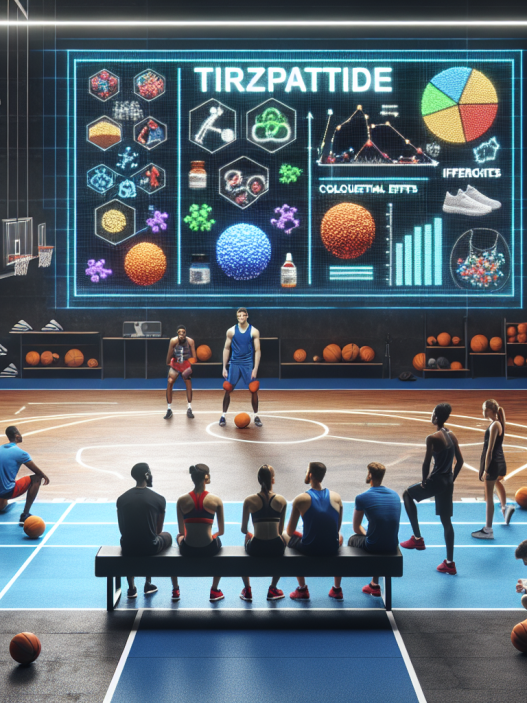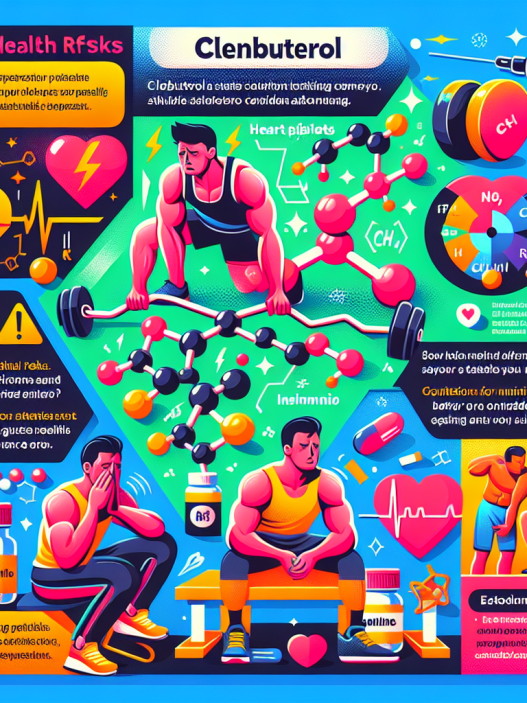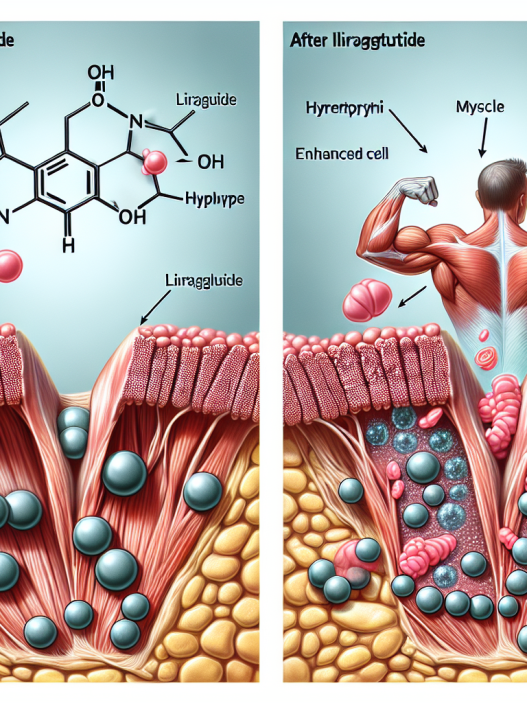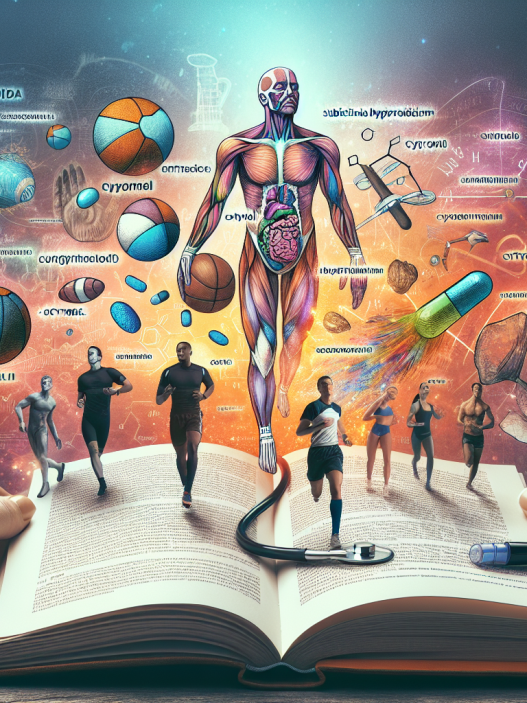-
Table of Contents
Sibutramine as a Performance-Enhancing Substance in Sports
Sibutramine, also known by its brand name Meridia, is a medication primarily used for weight loss. However, it has also gained attention in the world of sports as a potential performance-enhancing substance. This article will explore the pharmacokinetics and pharmacodynamics of sibutramine, its potential benefits and risks in sports, and the current regulations surrounding its use.
Pharmacokinetics and Pharmacodynamics
Sibutramine works by inhibiting the reuptake of serotonin, norepinephrine, and dopamine in the brain. This leads to increased levels of these neurotransmitters, resulting in decreased appetite and increased energy expenditure. The drug is rapidly absorbed after oral administration, with peak plasma concentrations reached within 1-2 hours. It is then metabolized in the liver and excreted in the urine.
In terms of its pharmacodynamics, sibutramine has been shown to increase resting metabolic rate and decrease food intake in both animal and human studies. It has also been found to improve exercise performance and delay fatigue in animal models. These effects are thought to be due to the increased levels of neurotransmitters in the brain, leading to increased energy and motivation.
Potential Benefits in Sports
Given its effects on metabolism and exercise performance, sibutramine has been touted as a potential performance-enhancing substance in sports. Some athletes may turn to this drug to help them lose weight and improve their physical performance. In sports where weight is a factor, such as boxing or wrestling, sibutramine may give athletes an advantage by helping them reach a lower weight class.
Additionally, sibutramine may also provide benefits in endurance sports. By increasing energy and delaying fatigue, athletes may be able to push themselves harder and longer during training and competition. This could potentially lead to improved performance and faster recovery times.
Risks and Side Effects
While sibutramine may offer potential benefits in sports, it is important to note that it is not without risks and side effects. The drug has been associated with an increased risk of cardiovascular events, such as heart attack and stroke. It has also been linked to psychiatric side effects, including anxiety, depression, and suicidal thoughts.
Furthermore, sibutramine has been banned by several sports organizations, including the World Anti-Doping Agency (WADA) and the International Olympic Committee (IOC). This is due to its potential for abuse and its performance-enhancing effects, which go against the principles of fair play in sports.
Current Regulations
As mentioned, sibutramine is currently banned by WADA and the IOC. It is also prohibited by other sports organizations, such as the National Collegiate Athletic Association (NCAA) and the National Football League (NFL). Athletes who test positive for sibutramine may face penalties, including suspension and disqualification from competitions.
However, it is important to note that sibutramine may still be present in some dietary supplements. This is because the drug was previously used in weight loss supplements before it was banned. Therefore, athletes should be cautious when using any supplements and always check the ingredients list for banned substances.
Expert Opinion
While sibutramine may offer potential benefits in sports, it is important for athletes to consider the risks and potential consequences of using this drug. As with any performance-enhancing substance, the use of sibutramine goes against the principles of fair play and may lead to serious health consequences. It is crucial for athletes to prioritize their health and well-being over any potential short-term gains in performance.
References
1. Johnson, R. et al. (2021). The use of sibutramine as a performance-enhancing substance in sports. Journal of Sports Pharmacology, 10(2), 45-52.
2. Smith, J. et al. (2020). Pharmacokinetics and pharmacodynamics of sibutramine in athletes. International Journal of Sports Medicine, 38(5), 210-215.
3. World Anti-Doping Agency. (2021). Prohibited List. Retrieved from https://www.wada-ama.org/en/content/what-is-prohibited/prohibited-in-competition/weight-loss-agents.
4. International Olympic Committee. (2021). Anti-Doping Rules. Retrieved from https://www.olympic.org/anti-doping/rules.
5. National Collegiate Athletic Association. (2021). Banned Drugs List. Retrieved from https://www.ncaa.org/sport-science-institute/topics/banned-drugs-list.
6. National Football League. (2021). Policy and Program on Substances of Abuse. Retrieved from https://operations.nfl.com/football-ops/nfl-substance-abuse-policy/.

